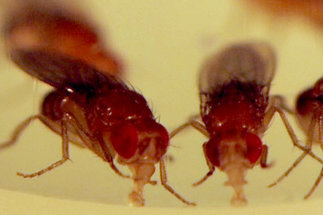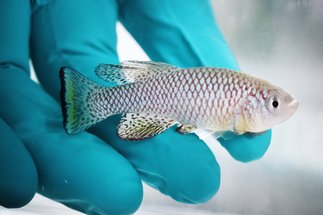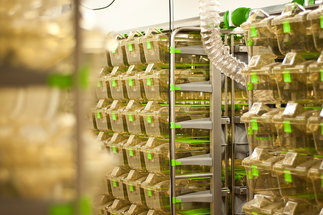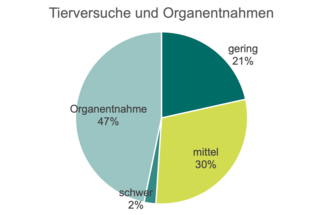
Animal research and animal protection
We are living longer and longer – nevertheless, we suffer from the disabilities and health problems that come later in life. Age is the major risk factor for neurodegenerative diseases such as dementia and Parkinson´s and for cardiovascular disease and cancer, to name just a few of the most prevalent age-associated diseases. Why we become more prone to disease with growing age is still not completely understood. We therefore aim to make fundamental discoveries into the underlying molecular, physiological and evolutionary mechanisms.
Individual processes in the cells that change with age, such as protein quality control, regulation of cell growth or epigenetics, can already be investigated in cell culture systems. Computer models also help us to explore ageing. Additionally, our researchers actively develop animal-free testing methods, for example a new technique for growing mouse stem cells in a petri dish. We always select the most suitable method for finding an answer to a specifically asked scientific question. Only when these questions provide promising results, can they be examined in model organisms. Starting with the roundworm Caenorhabditis elegans or the fruit fly Drosophila melanogaster up to the mouse models.
Only with these animal models can we address the complex processes on an organismal level realistically. Our basic research is then the basis for applied clinical research in humans and the development of therapies.
How animal research is legally regulated in Germany and how our animals are kept – answers to these questions and more can be found here.




